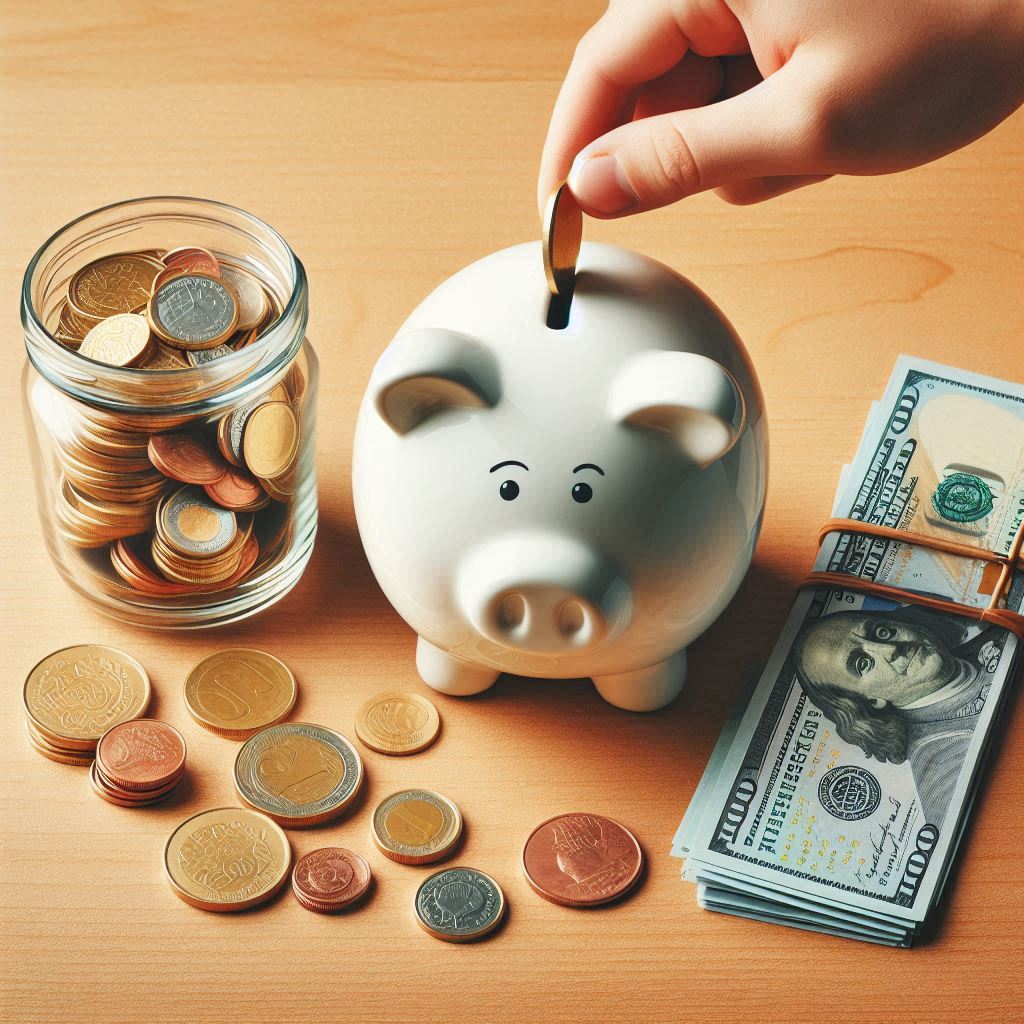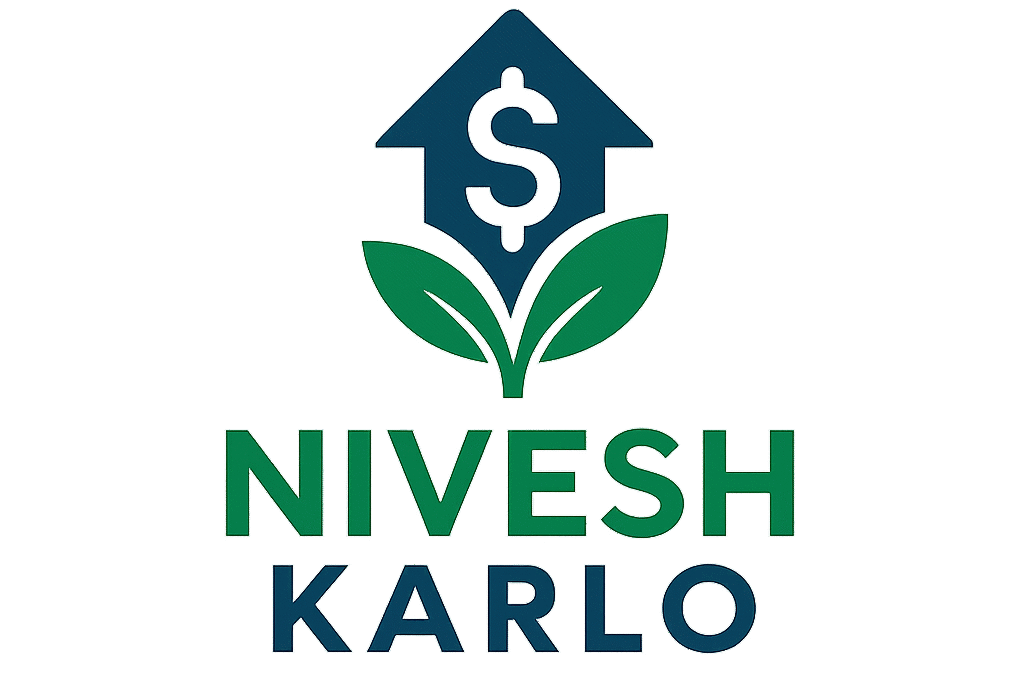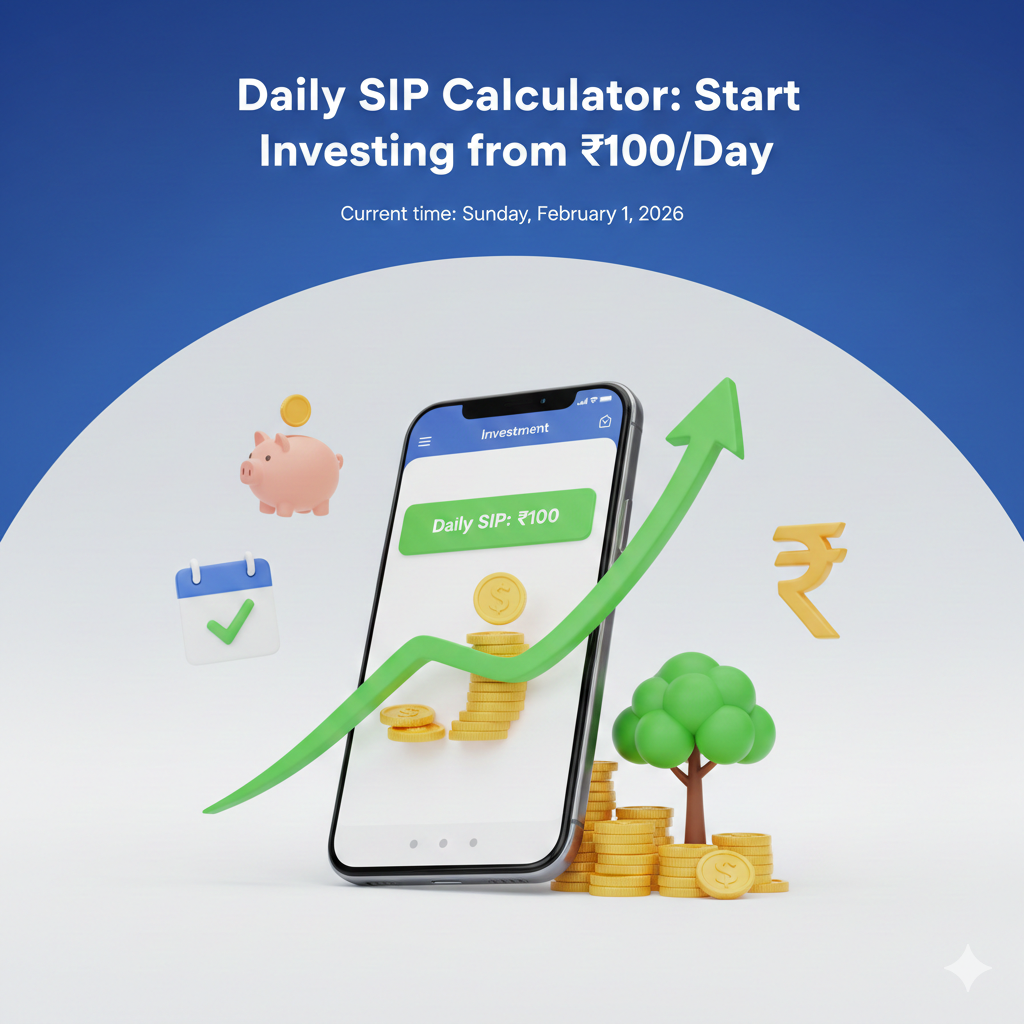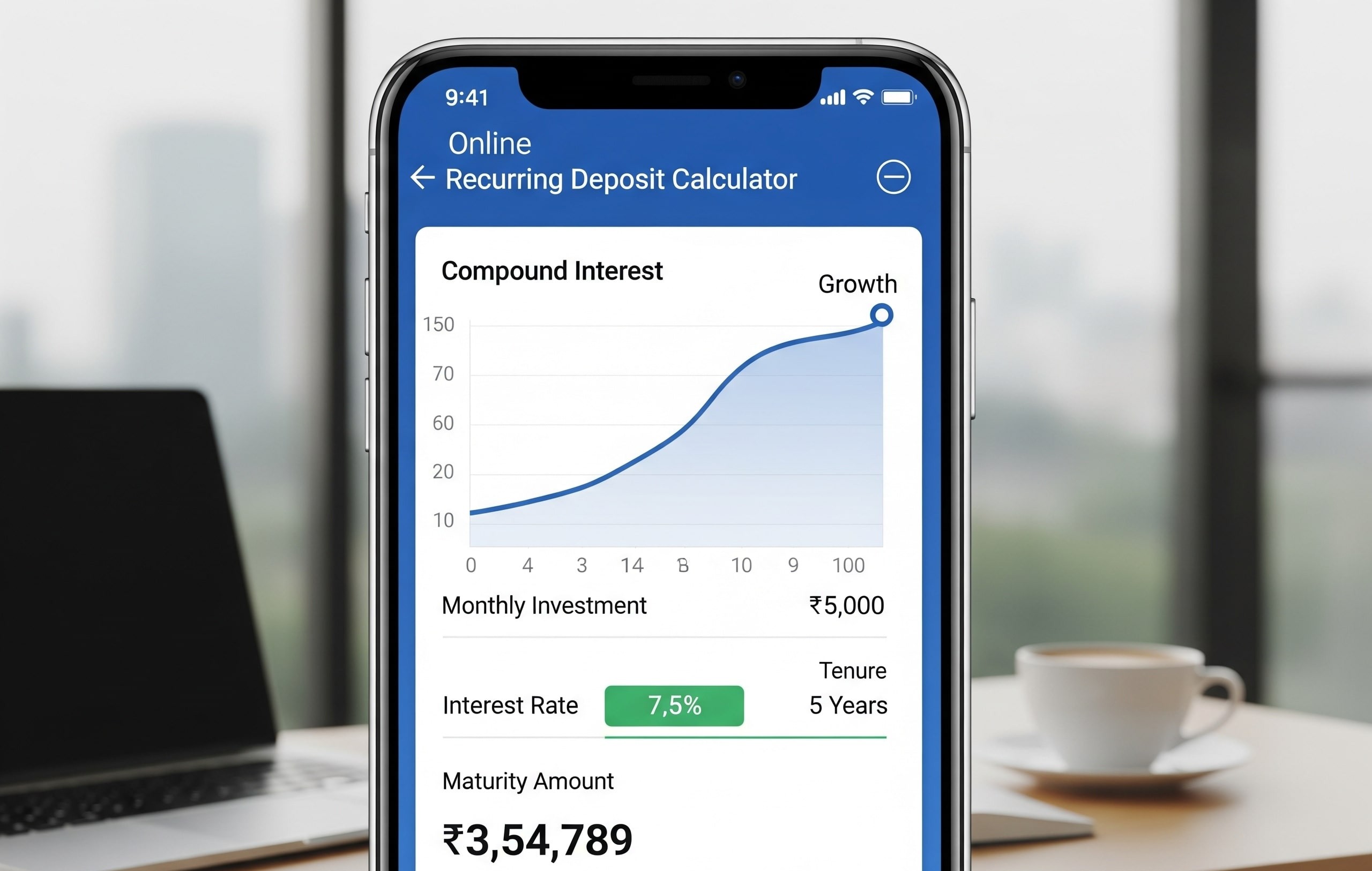Fixed Deposits (FDs) are one of the safest ways to invest money. The FDs are easy to begin and also offer a good return. If your priority is to save money to meet your financial goals without many risks along with a guaranteed return, then investing in an FD is the best option.
Only a few people are aware of what exactly FD is, how it works and how to make use of it in the right sense. So, to help everyone get knowledge about FD, here’s a detailed explanation of all the important things you should know about Fixed Deposit:

What is a Fixed Deposit?
What is fd in bank? In a fixed deposit, you can invest in a lump sum of money for a specific period of time with a bank or a financial institution. In exchange for the deposited money, you get interest at a certain percentage. At the end of the specified time period, the bank or financial institution will return your principal investment amount along with the interest.
The returns you get from the fixed deposit are guaranteed. The return you get and the interest on your deposit will not be affected by any other factor in the market. In simple terms, you will surely get the said interest on the fixed deposit.
Fixed deposits are generally considered to be far safer than any other forms of investment in the market as the default risk on fixed deposits is low. But it is also important to know that you may still lose your investment capital if you invest in FDs that are not highly rated.
Also Read: How to start sip investment | Best Investment Plan for 5 Years | A Complete Guide on Investment banking companies in India
How does a Fixed Deposit Work?
If you invest in an FD, the financial institution will guarantee to return the invested sum at the maturity period, which is at the end of the tenure, and pay you interest for the investment. The financial institution may use this money to lend to other borrowers and will get the interest amount from the borrower. A certain portion of this interest is passed on to you.
According to the tenure or maturity period of the Fixed Deposit, the interest is offered. In comparison to a one-year FD, the 7-day fixed deposit will have a lower annual interest rate. It is done to compensate for the time risk of money because the rupee today is much more valuable than the same rupee a year after.
As inflation increases the price of the products, a rupee today will buy you more goods than it will a year after, and the investor needs to be compensated for this. You can choose to either reinvest the interest or get an interest amount in specific periods from your account.
- Cumulative FDs: The cumulative FDs will pay you the principal amount and interest at maturity. The interest is reinvested every year, so you will not get regular interest payouts, but you will get a lump sum at the end of the FD tenure. If you don’t need regular income, then the cumulative FD option may be suitable for you. You will also benefit from the compounding effect, as the next year’s interest will be calculated on the principal along with the interest of the previous year.
- Non-cumulative FDs: At fixed intervals, the non-cumulative FDs will pay you the interest. You can choose to get interest payments depending on your needs in monthly, quarterly, half-yearly, or annually. The non-cumulative FDs will give you a regular income. The downside of it is that you will lose earning interest on interest.
Who can open an FD account?
The Fixed Deposit account can be opened by the following entities:
- Indian nationals
- Minors
- Elderly people
- NRIs
- Company Partnerships
- Single-person business
- Companies
- Clubs and Societies
- Investors (alone or in groups)
Different types of Fixed Deposits
You need to know about the different types of fixed deposit offered in the market before you invest your money. Here are the different types of FDs:
- Standard Fixed Deposit
One must commit to a fixed interest rate at a specified period to invest money in a standard Fixed Deposit. The standard Fixed Deposit can be made anytime, and usually, the tenure varies from 7 days to 10 years.
- Particular Fixed Deposit
Special FDs are particularly FDs are popular among many as they offer a higher interest rate. As they are often only given for a specified time limit, particular Fixed Deposits are considered special if they are between 290 and 390 days.
- Tax-Saving Fixed Deposit
Tax-saving FDs cannot be reserved for less than five years. As per section 80C of the Income Tax Act 1961, the sum invested is exempted from tax, but the interest earned on FDs is subject to taxation.
- Floater Fixed Deposit
In floating FDs, people can benefit from the floating interest rate, which can fluctuate quarterly or annually.
The rules set by the Reserve Bank of India (RBI) influence interest rate changes. Fixed Deposits are becoming more and more popular as banks are offering their investors higher interest rates.
Benefits of Fixed Deposit
The benefits of FDs are enormous, and important among them are given here:
- Easy to open
Within a few minutes, you can open the Fixed Deposit account by either opening it online or you can go to the nearest bank branch and open it.
- Assured returns
Fixed deposit account has assured returns, so there is no risk in comparison to other forms of investments. On FDs maturity, you will get a fixed interest rate on the money you have invested.
- Flexible Tenure
Fixed Deposits have a flexible tenure as you can open a fixed deposit account for seven days to 10 years.
- High interest
Fixed deposits offer people a higher rate of interest in comparison to savings accounts or any other form of deposit.
- Multiple FD accounts
At any point in time, a person can have more than one FD account. You can always open a new FD account if you wish to make an additional investment.
Also Read: 5 Best Steps of Investment Process | How to Earn 1000 Rs per Day without Investment Online
How do you choose the tenure of the FD investment?
The time you need to invest in the FD will be determined by how quickly you want to achieve your financial objectives. For a short-term objective, an FD tenure of up to a year would be suitable, but for a long-term objective, a tax-saving FD with a 5-year tenure would be suitable.
The ease of use and convenience are its main features. So, based on your comfort level, you can choose the tenure of FDs once you have a basic idea of a Fixed Deposit and its working.
What is the role of Fixed Deposits in your portfolio?
Here are some tips about how FDs can help you in improving a financial portfolio:
- Having balance in your portfolio
You can get the portfolio balance using fixed deposits. FDs are risk-free investments, while market-linked securities like stocks and mutual funds are associated with risk. FDs are secure and guarantee a return over a predetermined time frame.
- The net value of your portfolio is positive.
The returns from FDs can help you have a positive net value for your portfolio during market dips as it makes up for any losses on your market-linked investments through interest payments.
- Suitable for short-term objectives
FDs can better serve short-term financial goals, and equities can still be useful for long-term goals. They are also a wise financial option if you have financial objectives where you cannot lose your funds.
Taxes on Fixed Deposits
Fixed Deposit interest is subject to taxation. Under “Income from Other Sources,” it is taxed at the rate that applies to you. Banks will also deduct 10% of annual TDS (tax deducted at source) from your interest. You can take that into consideration when you file your income tax.
When submitting your taxes, understand how much interest you have made over the year taxes charged according to your income tax slab rate, and then deduct any applicable TDS. You can only deduct TDS on interest income if your annual total interest exceeds ₹40,000. The upper limit is ₹50,000 for senior citizens.
Final thoughts
The fixed deposit reaffirms your financial security, and the best thing about Fixed Deposit is that it is simple and convenient. Once you understand what is fixed deposit account is and how it works, you can open an FD online or offline, according to your own wish.
FAQs
- What are the maximum and minimum deposit amounts for FDs?
The minimum deposit amount for FDs differs from financial institutions, and there is no maximum limit to invest in FD.
- What are the important benefits of an FD account?
The main benefits of an FD account include flexible investment tenure, guaranteed returns, easy opening of new accounts and no investment limit.
- How long can one invest in an FD?
The tenure of investing in FD will depend on one’s financial goal. FD of up to 1 year is suitable for shorter goals, and FD of 5 years is suitable for long-term investment.
- At what age can one open an FD account?
An FD account can be opened even for a child at one year, but for minors, a parent or guardian has to open one on their behalf. For others, any individual above 18 years of age can open an FD account.
- How often can one get the interest amount?
Interest payments will depend on the FD plan you choose. You can choose to get interest monthly, quarterly or annual. If you select the reinvestment option, you can get it in full, along with the principal at its maturity.
More Stories:
Hello there, my name is Phulutu, and I am the Head Content Developer at Nivesh Karlo. I have 13 years of experience working in fintech companies. I have worked as a freelance writer. I love writing about personal finance, investments, mutual funds, and stocks. All the articles I write are based on thorough research and analysis. However, it is highly recommended to note that neither Nivesh Karlo nor I recommend any investment without proper research, and to read all the documents carefully.





Leave a Reply